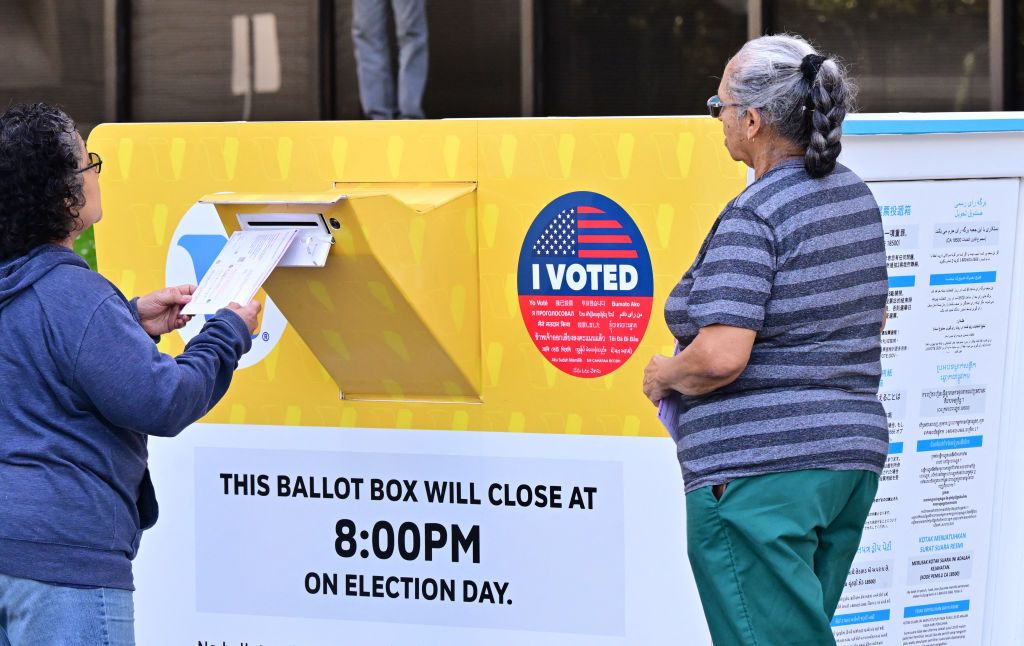A Russian online disinformation campaign targeting the upcoming U.S. election has been detected, according to a report by Microsoft released on April 17. This follows previous efforts by Russia to interfere in the 2016 presidential election. The governments of Belgium and Czechia have also warned of Russia’s disinformation and interference network targeting the upcoming EU parliamentary election. The focus of the new Russian campaign is to spread divisive content, including criticism of U.S. support for Ukraine. Tactics include spreading fake “whistleblower” narratives that are then picked up by U.S. media outlets, leading to their circulation among the public.
Despite concerns over the use of AI-based disinformation campaigns, Microsoft stated that traditional influence measures remained the predominant methods employed by Russia in spreading disinformation. Incumbent U.S. President Joe Biden and the presumptive nominee for the Republican Party, former President Donald Trump, have differing views on Ukraine, and the outcome of the election is likely to significantly influence U.S. support for the country. The U.S. has warned around 100 countries of the threat of Russian election interference, stating that Russia aims to degrade public confidence in the integrity of elections globally. The warning was sent to embassies in the Americas, Europe, Asia, and Africa to be vigilant against Russian disinformation efforts.
The U.S. cable sent to embassies highlighted Russia’s operations to undermine public confidence in the election process itself, emphasizing the need for vigilance against disinformation campaigns. The use of fake narratives and misinformation to influence public opinion and sow division has been a consistent tactic employed by Russia in past elections, including the 2016 U.S. presidential election. The upcoming U.S. election in November, where President Biden will face former President Trump, is a key target of Russian disinformation efforts. The impact of these campaigns on U.S. support for Ukraine and other global issues remains a concern for policymakers.
The spread of fake narratives and divisive content has the potential to impact public opinion, both in the U.S. and globally, as Russia aims to erode trust in democratic processes and institutions. The warning to embassies of various countries underscores the widespread nature of Russian disinformation efforts and the need for coordinated international response to combat this threat. As the election approaches, the challenge of identifying and countering disinformation campaigns becomes increasingly urgent, with implications for the integrity of electoral processes and democratic societies worldwide.
Support for independent journalism in Ukraine is crucial in the face of disinformation campaigns aimed at shaping public opinion and influencing election outcomes. By joining in the fight against misinformation and supporting reliable sources of news and information, individuals can contribute to upholding the integrity of democratic processes and countering foreign interference efforts. The role of independent media in providing accurate and objective reporting is essential in the current environment of online disinformation, where false narratives and fake news can spread rapidly and have far-reaching consequences. By supporting independent journalism, individuals can help safeguard the democratic principles of transparency, accountability, and freedom of information.


